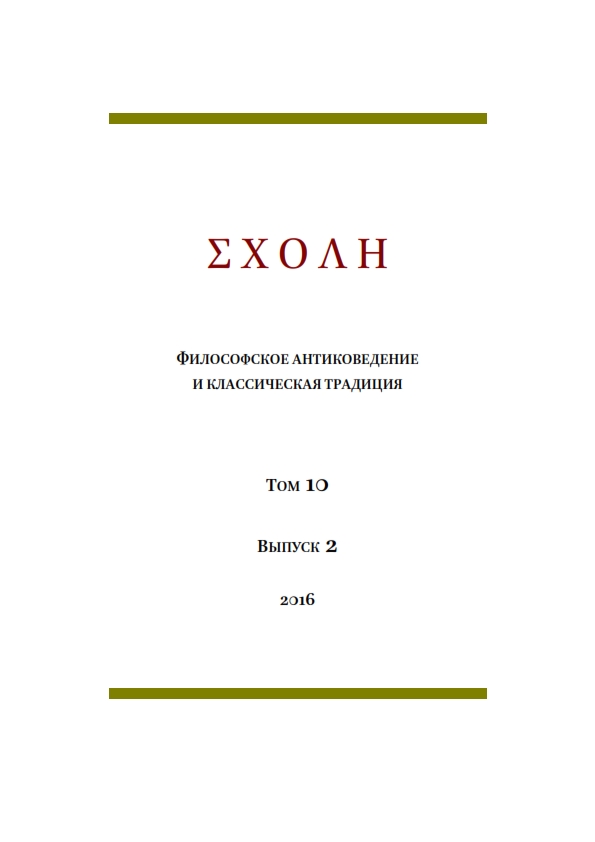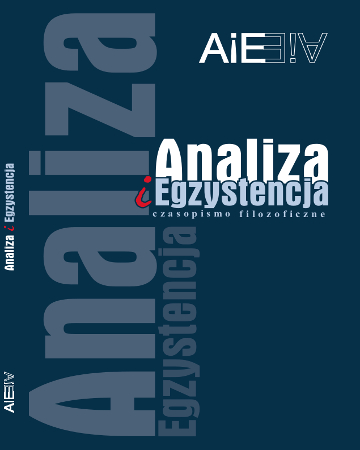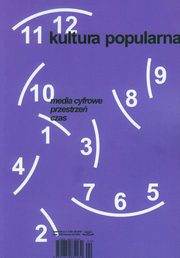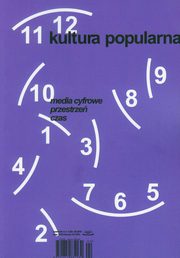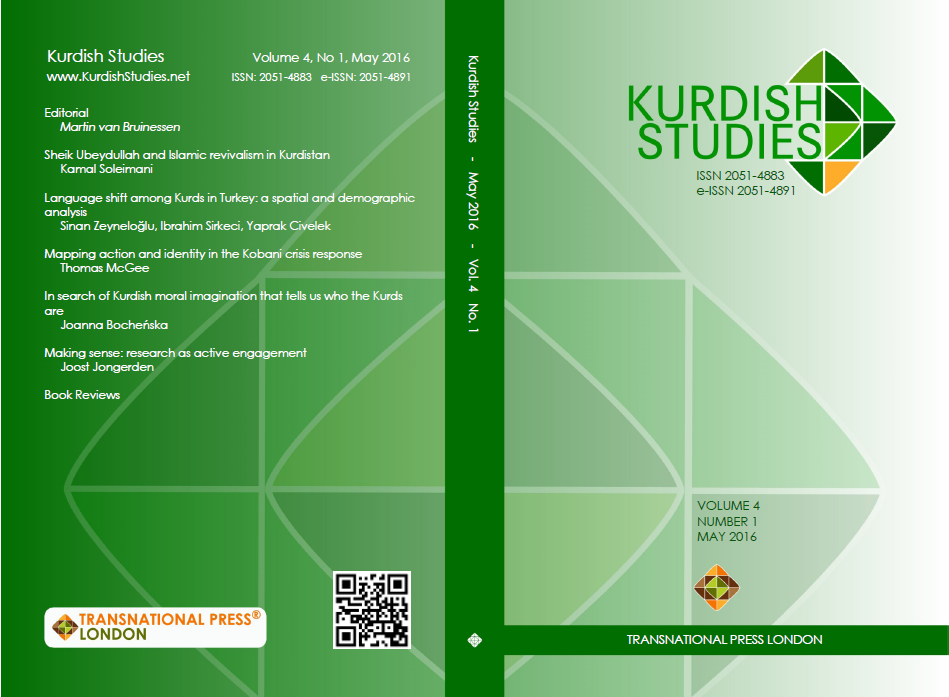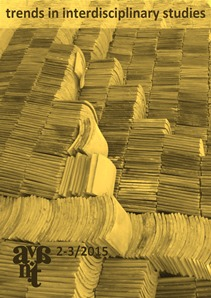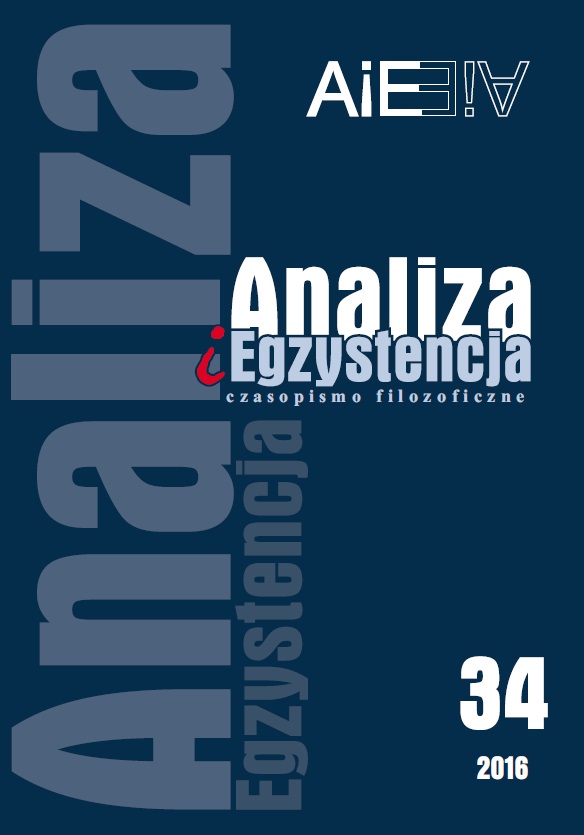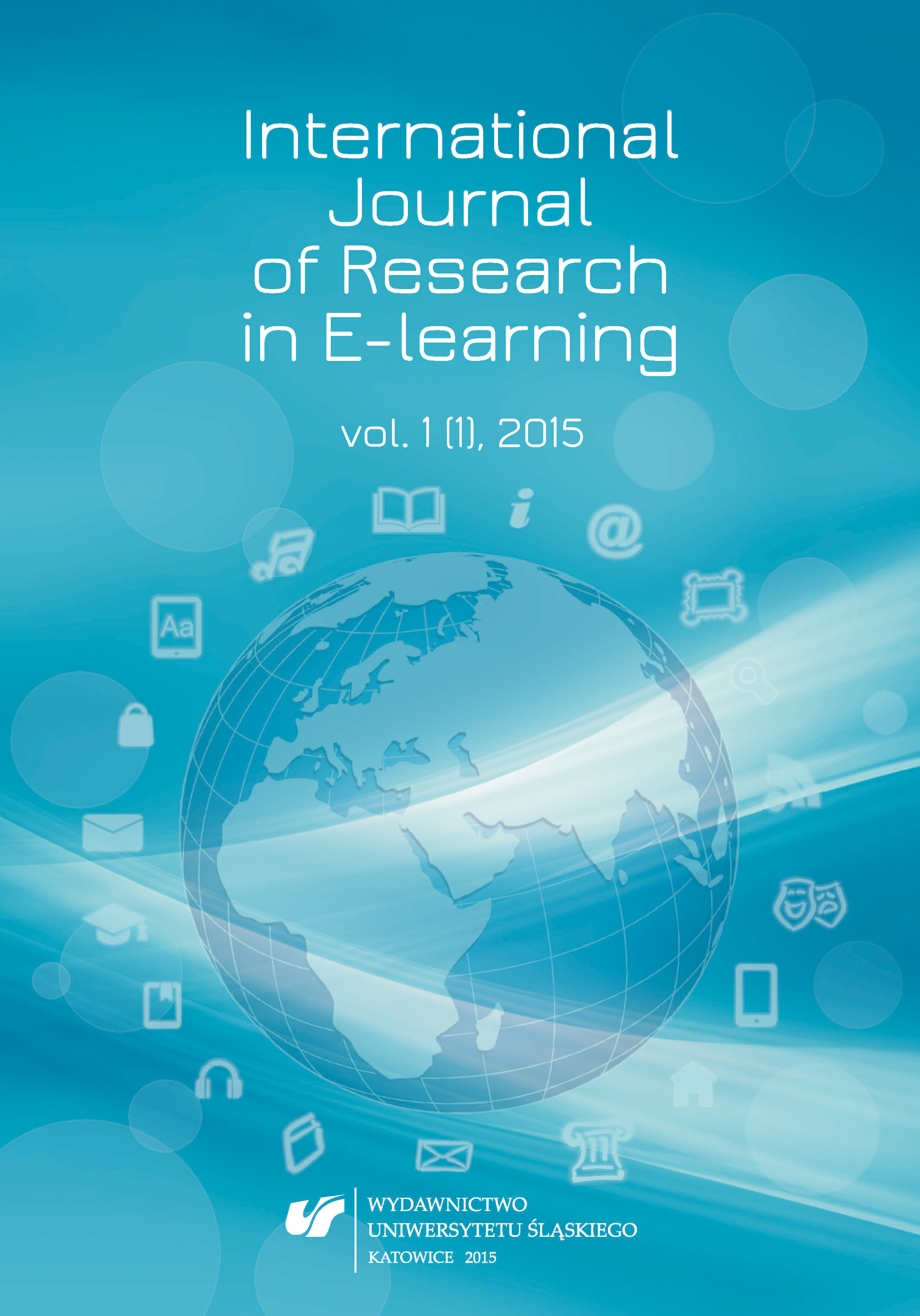
Report on the Implementation of WorkPackage 2 “Analyses of Legal, Ethical, Human, Technical and Social Factors of ICT and E-Learning Development and Intercultural Competences State in Every Partner Country” in the Framework of the IRNet Project
This article, prepared by an international team of researchers from different scientific areas, connected with ICT, e-learning, pedagogy, and other related disciplines, focuses on the objectives and some results of the international project IRNet. In particular, the article describes research tools, methods, and a procedure of the WP2, that is, analyses of legal, ethical, human, technical, and social factors of ICT and e-learning development, and the state of intercultural competences in partner countries: objectives, tasks, deliverables, and implementation of research trips. Researchers from Poland, the Netherlands, Spain, Slovakia, Portugal, Czech Republic, Australia, Ukraine, and Russia analyzed the results of WP2 in the context of the next stages and Work packages of IRNet project – International Research Network.
More...
